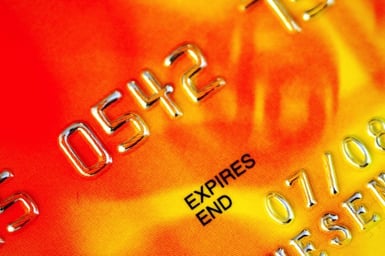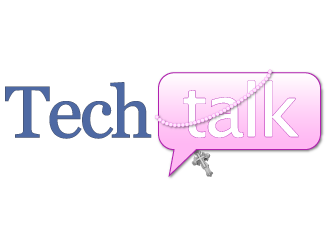No one writes checks anymore. In 2009 the Federal Reserve reported 6.1 billion fewer checks were paid out in the three years from 2006 to 2009. Use of checks continued to plunge in 2011, down 17%. We now process one third the number of checks as 20 years before.

People aren’t writing checks at Walmart or the gas station anymore. You know where else they aren’t writing checks? At church! Yup, folks aren’t writing checks and also on a whole are giving less and less at church, especially during the summer vacation season.
George Barna, who researches American religious beliefs and behavior, estimates that only about 4% of Americans regularly practice tithing and, like the rest of America, that 4% is turning more and more frequently to paperless money. This poses a major problem for parishes.
Americans have become accustomed to making electronic payments. In 2011 only 7 percent of transactions involved use of a paper check, and the trend is projected to keep dropping in the next few years.
What does this mean for churches where people are accustomed to putting paper envelopes into the collection baskets?
Quite simply it means parishes have got to start accepting alternative forms of payment and parishioners need to make the transition as well.
Accepting electronic tithing is a win-win situation for both. Parishioners are able to give regularly. No more, “Oh no, I forgot my checkbook!” Even when visiting another parish, home with the flu, or snowed in, parishioners can contribute to their home parish, which depends a great deal on that regular tithe.
Electronic tithing helps plan all aspects of charitable giving with one-time, regularly scheduled, special occasion or pledge drive giving options. An added benefit for the tither is an end of year statement verifying all of parish-related charitable giving for the tax season.
Many electronic tithing companies offer online computer portals, phone apps or physical kiosks for the church lobby. Some have registration programs (think, for instance, of totus tuus, retreat programs, or alter society dues) where members can both sign up and pay for a church sponsored event or program.
Regulated income is a definite bonus for parishes; in fact. many parishes report an increase in income once they start using electronic tithing. In addition, generating reports is made easier for parish administrators.
But what about the basket? What goes in the basket when you give electronically? Anyone who has ever found themselves in the pew with no cash and no tithing envelope knows the embarrassment of handing the basket on with no contribution. Since people tend to feel self conscious about having nothing to place in the offertory basket, most electronic tithing companies provide offertory cards. These cards do not affect your tithing; they are just a way to remind your church that you have signed up to tithe electronically.
Four out of five Americans use the internet. The people in the pews use the internet and, like other Americans, are accustomed to paying for things online using a credit or debit card. If parishes fail to become aligned with modern giving habits, they will continue to see stagnating revenue.
If your parish is ready to step into the 21st century of stewardship, check out the following companies. Options and fees vary by company, so compare a few before committing:
One of these is sure to fit your parish needs and hopefully will increase stewardship gifts. If you aren’t the person who makes these decisions at your parish you might slip a copy of this article in the collection basket with your weekly donation on Sunday!
Copyright 2013 Jen Haganey
About the Author

Guest
We welcome guest contributors who graciously volunteer their writing for our readers. Please support our guest writers by visiting their sites, purchasing their work, and leaving comments to thank them for sharing their gifts here on CatholicMom.com. To inquire about serving as a guest contributor, contact editor@CatholicMom.com.



.png?width=1806&height=731&name=CatholicMom_hcfm_logo1_pos_871c_2728c%20(002).png)
Comments